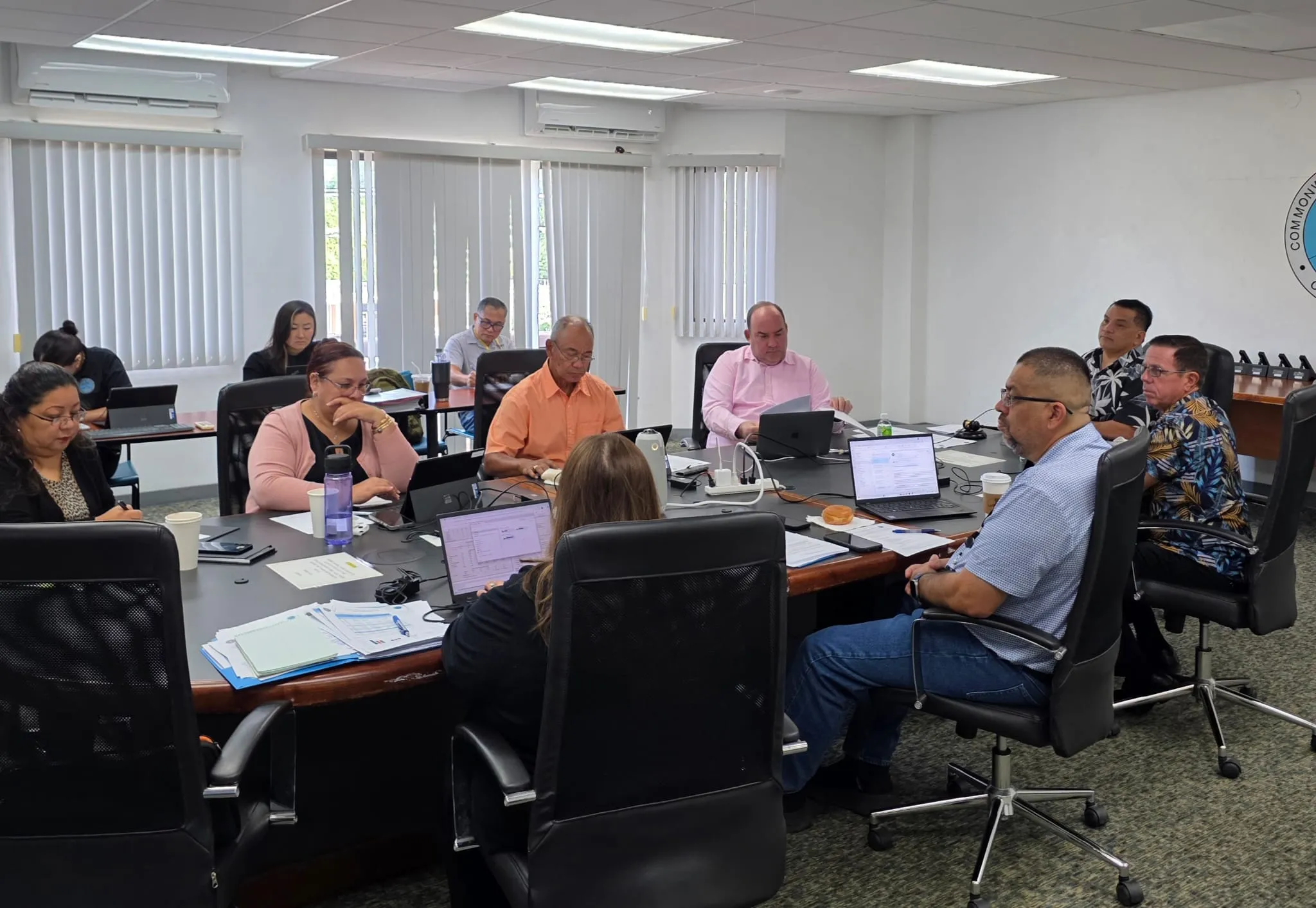Do as they say, not as they do
NOT too long ago, an administration official lashed out at CPA for — of all things — hiring a lobbyist, which was described as a “costly engagement,” the funding for which could have been “better spent” on more worthwhile expenses.
Recently, we learned that the governor, who already has a federal adviser in D.C., also brought on a lobbying firm — and the tab for that is $50,000 so far. He said hiring a lobbyist is “an absolute necessity,” and he may be right. But some might interpret this as yet another example of the administration saying one thing and doing the opposite.
Right off the bat, for example, the administration announced that “everything’s on the chopping block,” yet the hiring of political appointees continued — and hasn’t stopped.
The governor said he did not want “to go out and raise taxes,” yet he has proposed tax hikes and continues to push for them.
He said the ARPA funds were gone, but that turned out to be false — and the administration only acknowledged it after last year’s election was over.
When they were still in the opposition, the current leadership and its allies criticized the nonpayment of the government’s utility bills, the lack of adequate funding for medical referrals, and the “underfunding” of PSS. Now that they’re in charge, they have “legitimized” their nonpayment of utility bills through “offsets,” failed to adequately fund medical referrals, and have not allotted PSS its 25% share of the government’s general revenues.
Apparently, in their view, it’s only wrong when someone else does it.
Make CNMI beg again
IN justifying the hiring of a lobbyist, the governor’s press release mentioned “the complex and high-stakes environment we are operating in.”
We’re not entirely convinced about the “high-stakes.” We believe that not many U.S. officials would lose sleep over a small, faraway territory whose residents — as U.S. citizens — can, like their counterparts in the States, move to other U.S. jurisdictions with far stronger economies. And there is nothing “complex” about what’s ailing the CNMI. The “crisis” here is largely due to a bloated government that can no longer collect enough revenue to cover its extravagance — with overlapping and duplicative departments, divisions, agencies, bureaus, programs, offices, and other entities. This is a government that can’t enforce a simple law like the anti-littering act, and has recently blown nearly half a billion federal dollars with little to show for it. Yet, its officials are now telling D.C. that, if given more U.S. money, they could “improve the local economy,” and make it “more resilient” and “more sustainable.”
Good luck if one of the fiscal hawks in the U.S. Congress asks the following question: What has the CNMI government done to follow the cost-cutting, revenue-generating recommendations of the federally funded Fiscal Response Summit report in 2020? You know, the one in which the then-lt. governor said, “This is something that our Commonwealth should have done a long time ago.”










